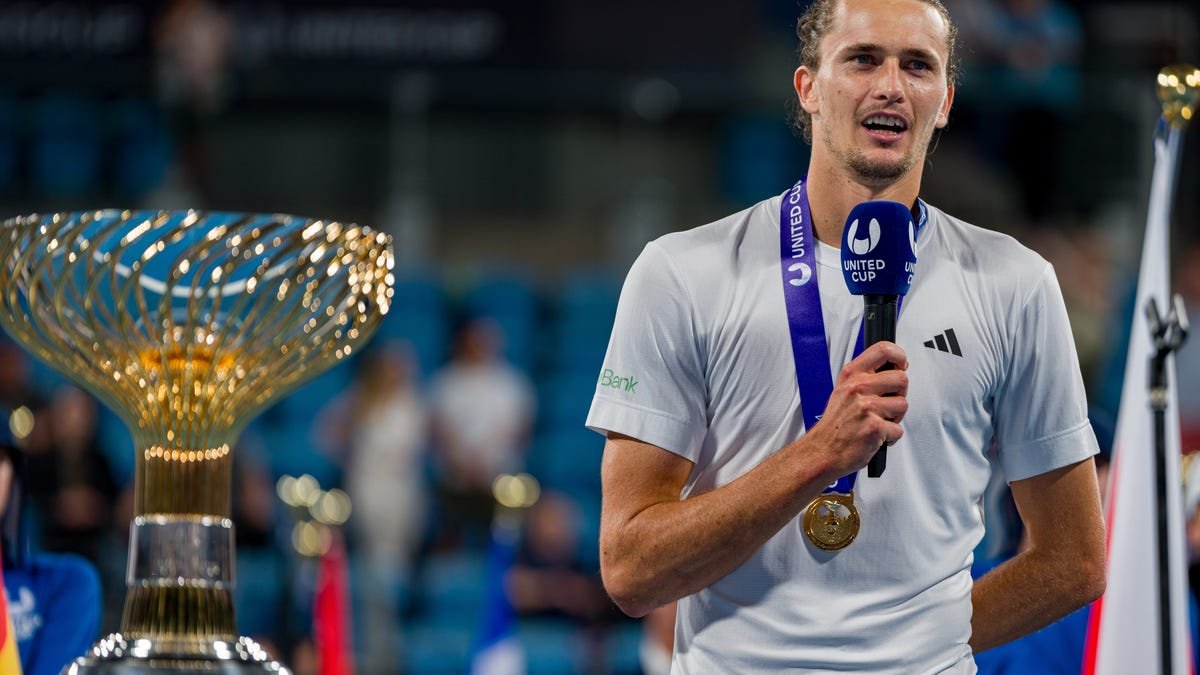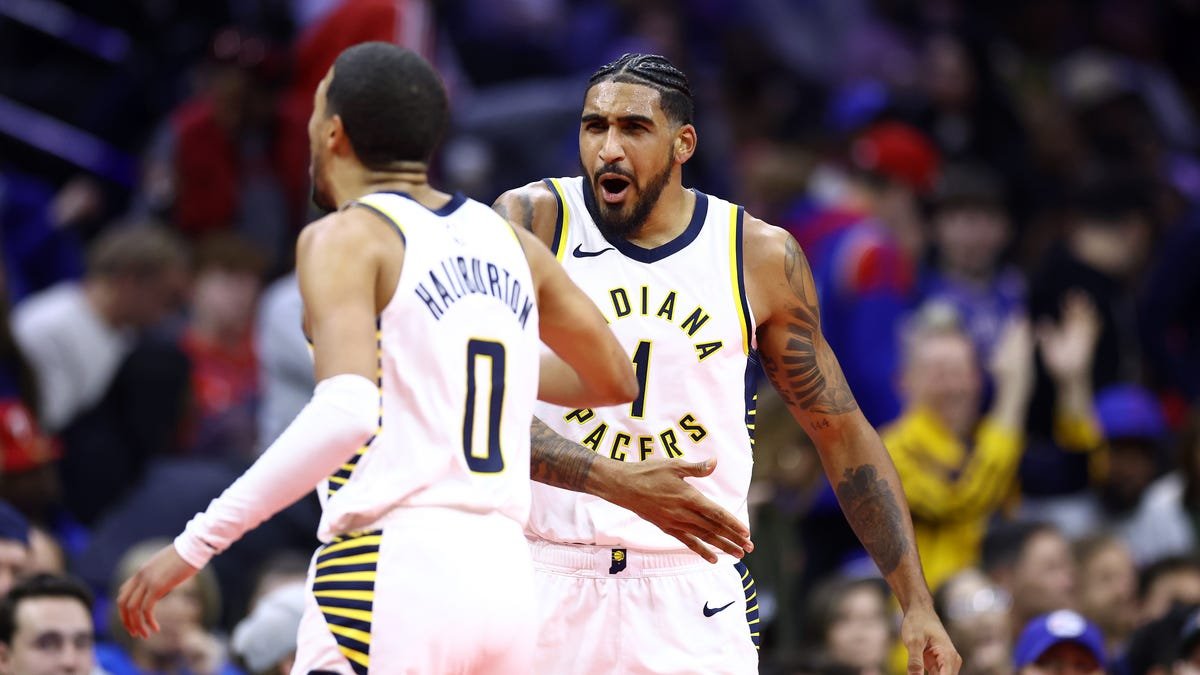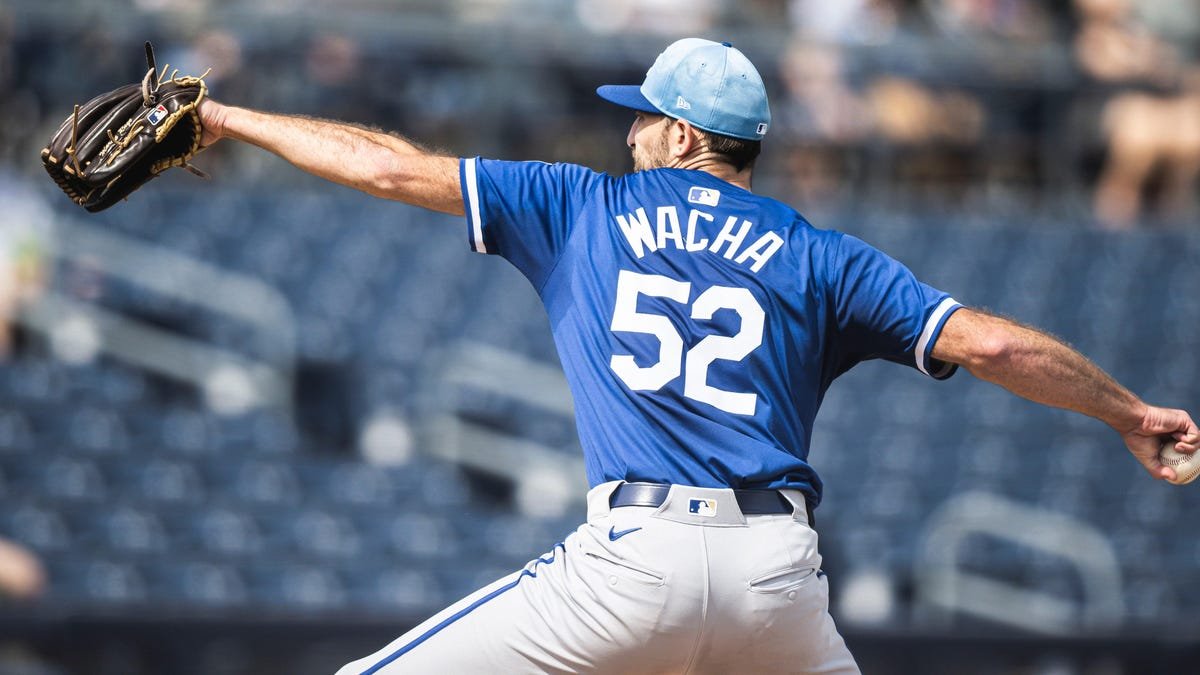The recent announcement that Alexander Zverev has been chosen to join the ATP Tour players council highlights a concerning trend in the world of sports. It raises questions about the sport’s response to allegations of domestic abuse and its willingness to prioritize the well-being and safety of its athletes.
To provide some context, the players council acts as a representative body for players’ interests and advocates for changes within the ATP Tour. However, Zverev’s appointment is particularly controversial due to the domestic abuse allegations he is currently facing in Germany. He has been fined €450,000 and faced a penalty order, which he is appealing against. These allegations are the second instance where a former partner has accused Zverev of domestic abuse, with the first accusation coming from Olya Sharypova in 2021.
What makes this situation even more troubling is the lack of an official domestic abuse policy within the ATP. This absence of guidelines and protocols leaves the sport in an awkward position when addressing these serious allegations. It raises concerns about the sport’s willingness to hold players accountable and protect the safety of its athletes.
Adding to the controversy, the release of the second season of the show “Break Point” features an episode dedicated to Zverev. However, the show conveniently avoids any mention of the domestic abuse allegations against him, instead focusing on his return from an ankle injury and his rivalry with Danil Medvedev. This selective storytelling not only downplays the seriousness of the allegations but also suggests a lack of accountability and responsibility on the part of the sport and its media.
The fact that Zverev’s fellow players, including Andy Murray, pushed for an investigation into the allegations indicates that the issue was not a secret within the locker room. Despite this knowledge, the players still chose to include Zverev in their council, effectively endorsing him as a representative of their interests. This decision sends a disturbing message about the sport’s priorities and its willingness to address the issue of domestic abuse.
As the sport of tennis considers potential reforms and the integration of the men’s and women’s tours, it is crucial to address these issues head-on. The inclusion of players like Zverev, who are facing serious allegations, raises questions about the sport’s commitment to creating a safe and inclusive environment for all athletes.
In conclusion, the ATP Tour players’ decision to appoint Alexander Zverev to their council despite the domestic abuse allegations against him is deeply concerning. It highlights a lack of accountability within the sport and raises questions about its commitment to the safety and well-being of its athletes. As the sport moves forward, it is essential that it addresses these issues and implements measures to prevent and address domestic abuse within its ranks.





